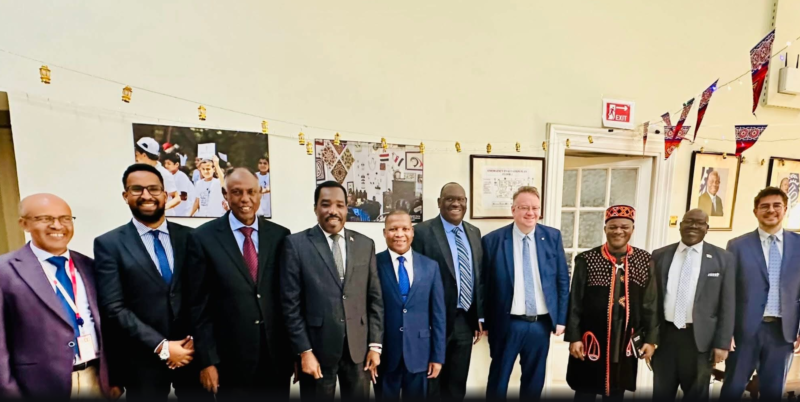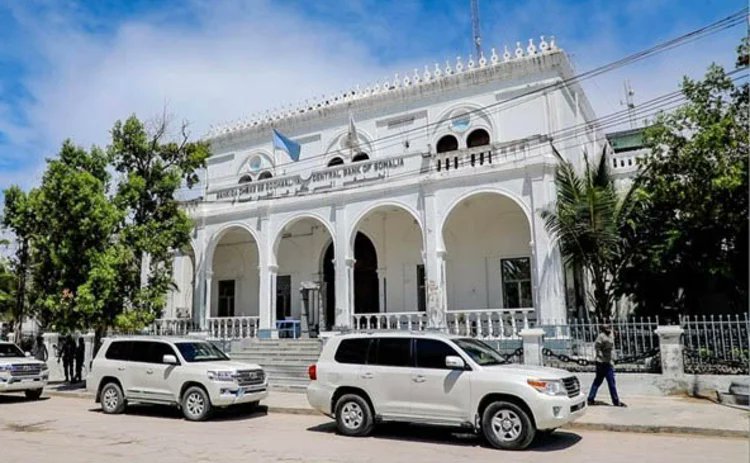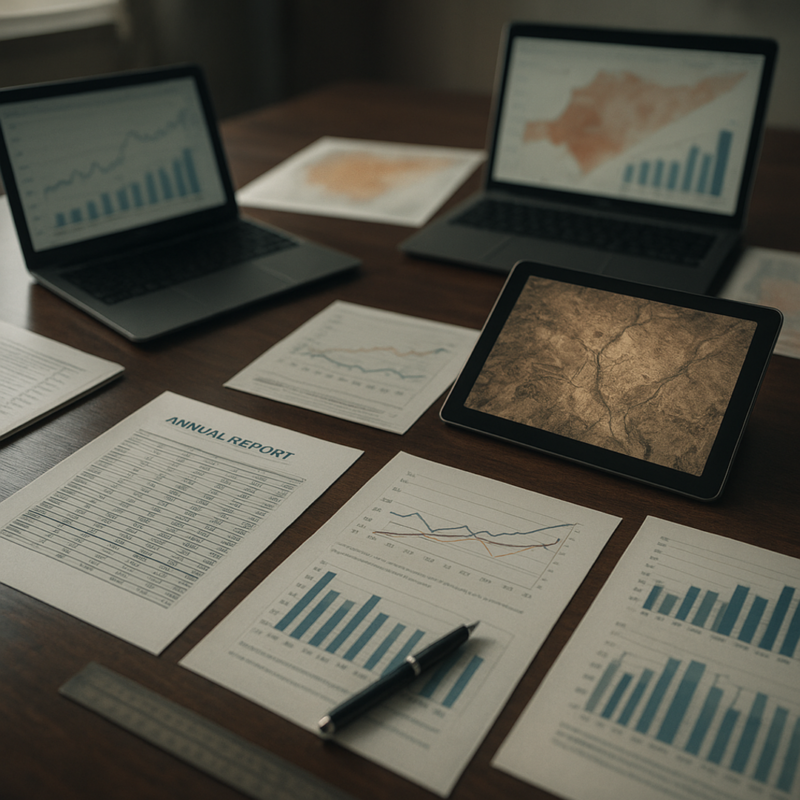Mogadishu, Somalia – The Office of the Auditor General (OAG) opened a window into its evolving reform journey on Wednesday as Auditor General Ahmed Isse Gutale brought together development partners, directors, and senior advisors for a virtual review of progress and priorities. What unfolded was a candid assessment of how far the institution has come—and how much work lies ahead as it prepares for a more demanding year.
The session reflected an office increasingly confident in its mandate but also keenly aware of the pressures facing Somalia’s public financial management system. Participants were taken through steady gains made in 2025, including efforts to tighten audit standards, expand oversight across government entities, and strengthen sector-wide coordination. Officials spoke of a civil service that has grown more responsive to audit recommendations and of internal teams that have become better equipped to manage complex investigations.
Yet alongside the achievements were acknowledgements of the challenges that persist. Staff capacity gaps, uneven cooperation from some institutions, and the strain of rising audit demands featured prominently in the discussions. Several directors underscored the difficulty of rolling out new systems while managing day-to-day oversight responsibilities, a balance that continues to test the office’s resilience.
Looking to 2026, the Auditor General outlined priorities that seek to consolidate and deepen reforms. These include expanding performance audits, integrating new digital tools to improve efficiency, and strengthening the legal framework that underpins accountability across the public sector. The vision presented was one of an institution preparing for a more assertive role, with a greater emphasis on preventive oversight and transparency.
Development partners expressed appreciation for the level of detail shared, noting that the clarity of the updates helps guide their support and align ongoing programs with OAG’s strategic direction. The atmosphere throughout the meeting carried a sense of shared responsibility—Somalia’s accountability architecture, still under construction, relies heavily on collaboration and mutual trust.
The session closed with remarks from Deputy Auditor General Mukhtar Mohamed Abukar, who emphasized continuity and collective commitment as the office heads into another critical year. For many participants, the meeting offered not just an update but a reminder of the pivotal role OAGS plays in Somalia’s governance landscape, and the importance of sustaining momentum in the country’s broader reform efforts.




